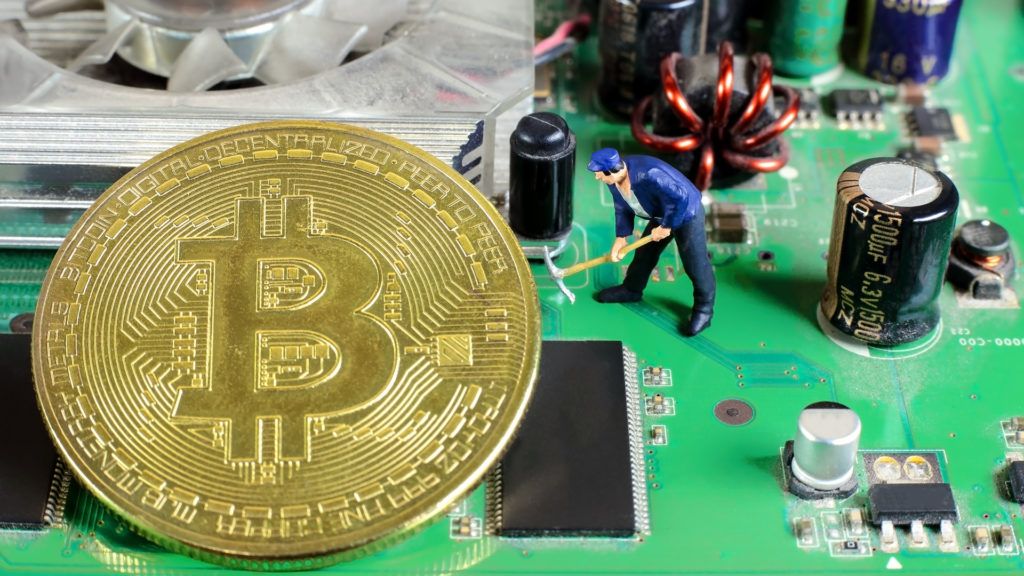Last December, Bank of America (BofA) published a report stating that Bitcoin is the most successful investment of the last 10 years and that investors who invested $1 in 2010 now have $90,026. In the report, the BofA experts discussed among other things the best and worst investment efficiency investments of the last 10 years. The question is whether Bitcoin is still a good investment today.
Apparently not, because the miners are also leaving the network. They were preparing to halve Bitcoin. The Bitcoin miners, especially in China, have been hit hard by the drop in Bitcoin prices. According to the Bitcoin F2Pool mining pool data, the majority of the mining pools have experienced a sharp drop in hashing rates on their platforms. Remember that the hash rate is the amount of processing power that Bitcoin miners spend to extract new Bitcoin.
The crypto exchange, the Huobi Mine Pool, has seen the largest decline in hash rate with a 26% loss last week. 1THash is not far behind with a 20% drop. Larger mining pools recorded a smaller decline in the hash rate. F2Pool recorded a decline of 12%, Poolin of 18% and Btc.com of 10%. According to Medien Decrypt, the hash rate in the Bitcoin world, in general, decreased from 136 million TH/s (Tera-Chop per second) to 103 TH/s.
“Most of the hash rate losses came from China, I know this from our own customers, and I have seen many Chinese pools (with older machines) lose their hash rate. The Chinese miners who are best prepared with S9 [Antminer] have sold large quantities of S9 in the last months, mainly to countries where energy is even cheaper, like Russia and the Middle East, etc. “Most of the loss of hash rate came from China, I know this from our own customers, and I have seen how many Chinese pools (with older machines) have lost their hash rate.
” said Thomas Heller, sales manager of F2Pool.
Bitcoin is currently valued at $5411, and it is announced that e-money will continue to decline. The main problem is that falling prices have made mining less profitable. The profitability of bitcoin mining has dropped to $0.09 per TH, an 80% drop from the recent high of $0.44 reached in July 2019. “These are extremely difficult times for miners,” Heller said. This decline in activity is certainly good news for the environment and the climate.
In fact, the consumption of electrical energy by Bitcoin’s mining activities has reached a critical threshold and has therefore begun to raise countless issues related to global warming. In October 2018, scientists concluded that Bitcoin could very well lead to chaos in twenty years’ time by raising the global temperature above the critical threshold. They fear that if Bitcoin is introduced at rates similar to other technologies, such as credit cards, it could raise global temperatures by 2°C in less than two decades.
The conclusion comes from a study published in the journal Nature Climate Change in 2018. “Bitcoin is a Kryptoney with high hardware requirements, which obviously translates into a high demand for electricity,” said Randi Rollins, Master’s student at the University of Hawaii at Manoa (UH Manoa) and co-author of the study. In addition, another United Nations report on climate change stated that a temperature increase of more than 1.5°C would have irreversible and catastrophic effects on the climate. And the idea that Bitcoin alone could raise the global temperature by 2°C within two decades due to mining goes beyond mere concern.
